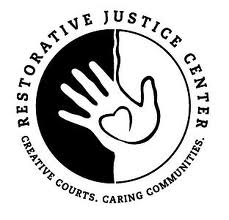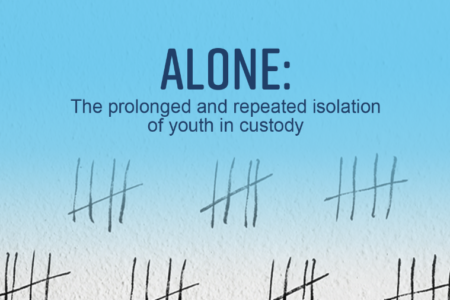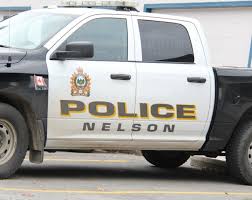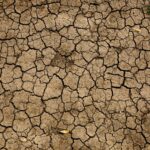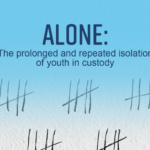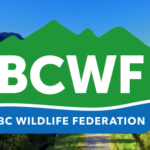Train to support community restorative justice
For entry level crimes involvement in the formal court system has been shown to encourage repeat offenses and worse. Restorative justice programs developed from traditions that encourage the victim and offender to face each other and work towards appropriate justice have been growing across North America with excellent results.
The Boundary Restorative Justice Program in partnership with the RCMP, Community Accountability Program and the City of Grand Forks is offering a free training session for all those interested in learning a very successful method of resolving conflict and repairing the harm caused by conflict and/or illegal actions. “This approach honors, respects and values all the participants who devise a plan among themselves for appropriate justice without the confrontation and expense of the Court system,” said Laura Savinkoff, one of the community members trained in the program. “I have taken the training twice and each time learned a bit more and am looking forward to adding even more. There is a lot to absorb in a the time we have and with each training we gain knowledge that we missed and are able to keep up to the constant updates that are added to the program as more and more people and regions become active.”
Restorative justice is a theory of justice that emphasizes repairing the harm caused or revealed by criminal behaviour. It is best accomplished through cooperative processes that include all stakeholders. Practices and programs reflecting restorative purposes will respond to crime by:
- identifying and taking steps to repair harm,
- involving all stakeholders, and
- transforming the traditional relationship between communities and their governments in responding to crime.
Three principles form the foundation for restorative justice:
- Justice requires that we work to restore those who have been injured.
- Those most directly involved and affected by crime should have the opportunity to participate fully in the response if they wish.
- Government’s role is to preserve a just public order, and the community’s is to build and maintain a just peace.
Restorative programmes are characterized by four key values: encounter, amends, reintegration, and inclusion. Some of the programmes and outcomes typically identified with restorative justice could include victim offender mediation, conferencing, circles, victim assistance, ex-offender assistance, restitution, or community service. The local training by two facilitators will take place Sept. 10 to 12 at the Slavonic Senior Citizens Center in Grand Forks. Dinner on the Sept. 10 and lunches on the following days will be provided. There is no registration fee but it is vital that you register by noon Sept. 1. They need at least 10 registrants and not more than 24 to run the session. If you have already taken the training, Savinkoff strongly encourages that you take it again. There are a some updates which will add to knowledge and enhance methodology. This program has been proven to be successful by the fact that only 5% of those who go through the program re-encounter the law compared to 50% of those who go through the court system. By taking the training one will learn more about the program itself and how to facilitate repairing the harm with dignity and respect for all involved. Register with Laura by phone at: 250-442-0434 or email: L4peace@telus.net.


